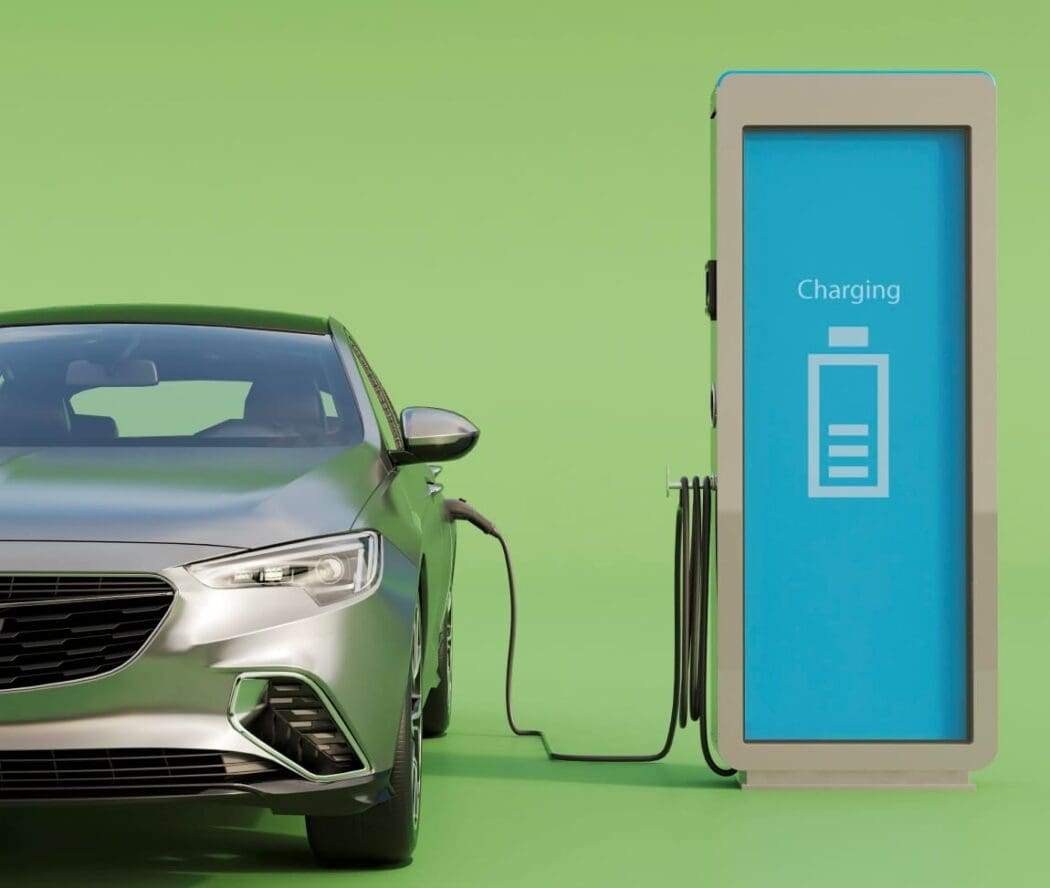A recent study from the University of Toronto suggests that large-scale adoption of electric vehicles (EVs) in the U.S., along with a transition to renewable energy, could deliver up to $188 billion in health benefits by 2050.
The research, led by the U of T Engineering’s Department of Civil & Mineral Engineering, employed computer simulations to model the health outcomes of an aggressive shift to EVs and a cleaner energy grid. The findings indicate that EV adoption, especially when combined with decarbonized power sources, could drastically improve air quality and reduce health costs.
Even in scenarios with moderate grid decarbonization, the study predicted health benefits in the tens of billions.
“When researchers examine the impacts of EVs, they typically focus on climate change in the form of mitigating CO₂ emissions,” said Professor Marianne Hatzopoulou, a co-author of the study published in Proceedings of the National Academy of Sciences (PNAS). “But CO2 is not the only thing that comes out of the tailpipe of an internal combustion vehicle. They produce many air pollutants that have a significant, quantifiable impact on public health. Furthermore, evidence shows that those impacts are disproportionately felt by populations that are low-income, racialized or marginalized.”
The research team included lead author Jean Schmitt (CivMin), as well as Professors Daniel Posen, Heather MacLean (noth CivMin), and Amir F.N. Abdul-Manan of Saudi Aramco’s Strategic Transport Analysis Team. Together, they previously used life-cycle assessments to simulate the environmental impact of large-scale EV adoption in the U.S. While their earlier work emphasized climate change mitigation, this latest study highlights non-climate benefits.
The study adapted models to predict emissions of pollutants typical in fossil fuel combustion, such as nitrogen oxides and particulate matter (PM2.5), which are linked to respiratory and cardiovascular issues.
“Modelling these pollutants is very different from modelling CO₂, which lasts for decades and ends up well-mixed throughout the atmosphere,” explained Posen. “In contrast, these pollutants, and their associated health impacts, are more localized. It matters not only how much we are emitting, but also where we emit them.”
While EVs produce no direct emissions, air pollution can still occur from fossil-fuel-powered plants that supply electricity. In the study’s models, the team examined two scenarios for 2050. The first assumed no increase in EVs, with older vehicles gradually replaced by new, more efficient internal combustion engines. The second involved a complete transition to EV sales by 2035, matching policies proposed by several countries, including Norway and Canada.
Each scenario was also modeled against varying grid decarbonization rates, accounting for different timelines in transitioning to renewable energy. Using epidemiological data and economic valuations, the study predicted health outcomes based on pollution levels across the U.S.
The simulations showed that widespread EV adoption, if matched by a cleaner energy grid, could lead to cumulative public health benefits exceeding $100 billion by 2050. However, if the power grid fails to decarbonize, the benefits are significantly reduced.
“Another thing we found is that we only get these benefits if the grid continues to get greener,” said Posen. “We are already transitioning away from fossil fuel power generation, and it’s likely to continue in the future. But for the sake of argument, we modelled what would happen if we artificially freeze the grid in its current state. In that case, we’d actually be better off simply replacing our old internal combustion vehicles with new ones – but again, this is not a very realistic scenario.”
The findings underscore the importance of synchronizing EV adoption with a renewable energy transition.
“It’s important to remember that the vehicles being sold today will continue to be used for decades,” Hatzopoulou emphasized. “If we buy more internal combustion vehicles now, however efficient they may be, we will be locking ourselves into those tailpipe emissions for years to come, and they will spread that pollution everywhere there are roads. We still need to decarbonize the power generation system – and we are – but we should not wait until that process is complete to get more EVs on the road. We need to start on the path to a healthier future today.”
The study offers a clear call for a dual approach: advancing both transportation and energy sectors toward decarbonization to achieve maximum health and economic benefits. As countries establish EV mandates and renewable energy goals, the research highlights a path to not only combat climate change but also secure a healthier, cleaner future.
Journal Reference:
Jean Schmitt, Marianne Hatzopoulou, Amir F.N. Abdul-Manan, Heather L. MacLean, and I. Daniel Posen, ‘Health benefits of US light-duty vehicle electrification: Roles of fleet dynamics, clean electricity, and policy timing’, Proceedings of the National Academy of Sciences (PNAS) 121 (43) e2320858121 (2024). DOI: 10.1073/pnas.2320858121
Article Source:
Press Release/Material by University of Toronto | Faculty of Applied Science & Engineering
Featured image credit: Freepik




